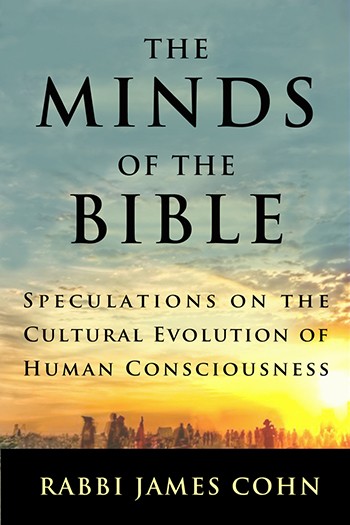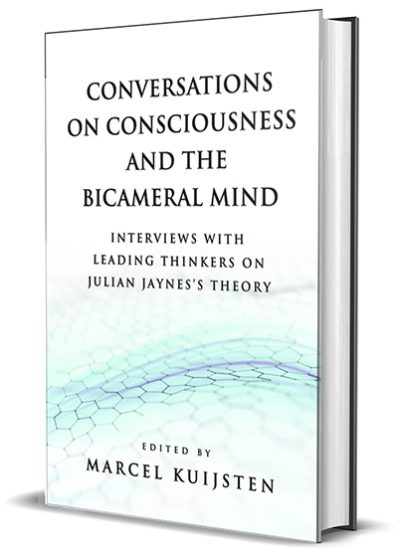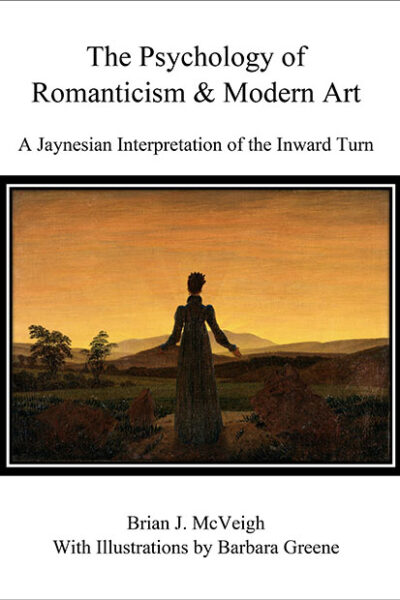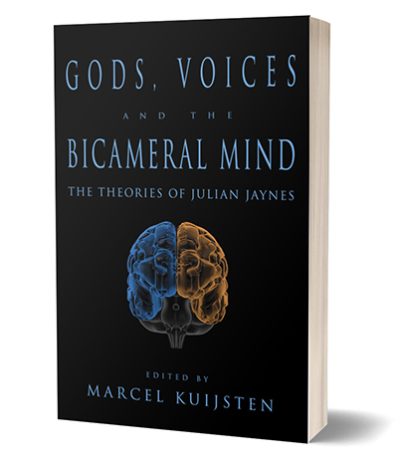Description
Two developments in the history of the Bible are deeply related, and not merely coincidental. One is the lamentation of the loss of the experience of hearing God’s voice. The other is the rise of the language of introspection: an interiorized subjective dialogue with oneself.
In our own time, we are acculturated from infancy on, to understand our mental life as a narratized interior mind-space in which we introspect in a ceaseless conversation with “ourselves.” Our ancestors, however, were acculturated to understand their mental life in terms of obedient responses to auditory prompts, which they projected outwards as the external voice of God. Although these “bicameral” people could think and act, they had no awareness of choices or of choosing — or of awareness itself.
In 1976, Julian Jaynes proposed that that as recently as 3,000 years ago, human beings were non-introspective. Jaynes claimed that one could trace this cultural transformation over the course of a scant millennium by analyzing the literature of the Hebrew Scriptures (“Old Testament,” OT). This book tests Jaynes’s assertions by examining the OT text in Hebrew, as seen through the lens of the Documentary Hypothesis and modern critical historical scholarship.
Did the writers of the oldest biblical texts have words in their cultural lexicon to correspond to our words such as “mind” or “imagination” or “belief?” Or do the translations into English that employ such mentalistic words (such as the King James Bible) tell us more about the minds of the translators than the minds of the biblical authors?
In sharp contrast to the early OT texts, the later texts of the OT display a lexicon of profound interiority. The writers have become acculturated to experience their mental life as a rich introspective consciousness, full of internal mind-talk and “narratization,” and perceiving their own actions as the result, not of obedience to an external voice, but of self-authorized, internal decisions.
This study includes observations about emerging understandings of the neurology of auditory hallucinations, and supports Jaynes’s idea that while the brain’s structure has changed little in three millennia, culture can and will determine whether a child’s mental life is bicameral or introspectively conscious.
About the Author
Rabbi Cohn received his B.A. in Humanities at New College of Sarasota, and his Master’s Degree and Ordination at Hebrew Union College – Jewish Institute of Religion. He is a graduate of the Diversity Leadership Academy and offers diversity training programs for congregations, schools, businesses and communities. Rabbi Cohn has taught classes open to the public on Jewish subjects, as well as on multidisciplinary views of the points of contact between religion and law, philosophy, psychology and medicine. He co-chaired (with Marcel Kuijsten) The Julian Jaynes Conference on Consciousness and Bicameral Studies in 2013.
Available for Kindle on Amazon in the following countries:
Germany (also serving Austria, Belgium, Czech Republic, Liechtenstein, Luxembourg, Poland, Switzerland & Turkey)




